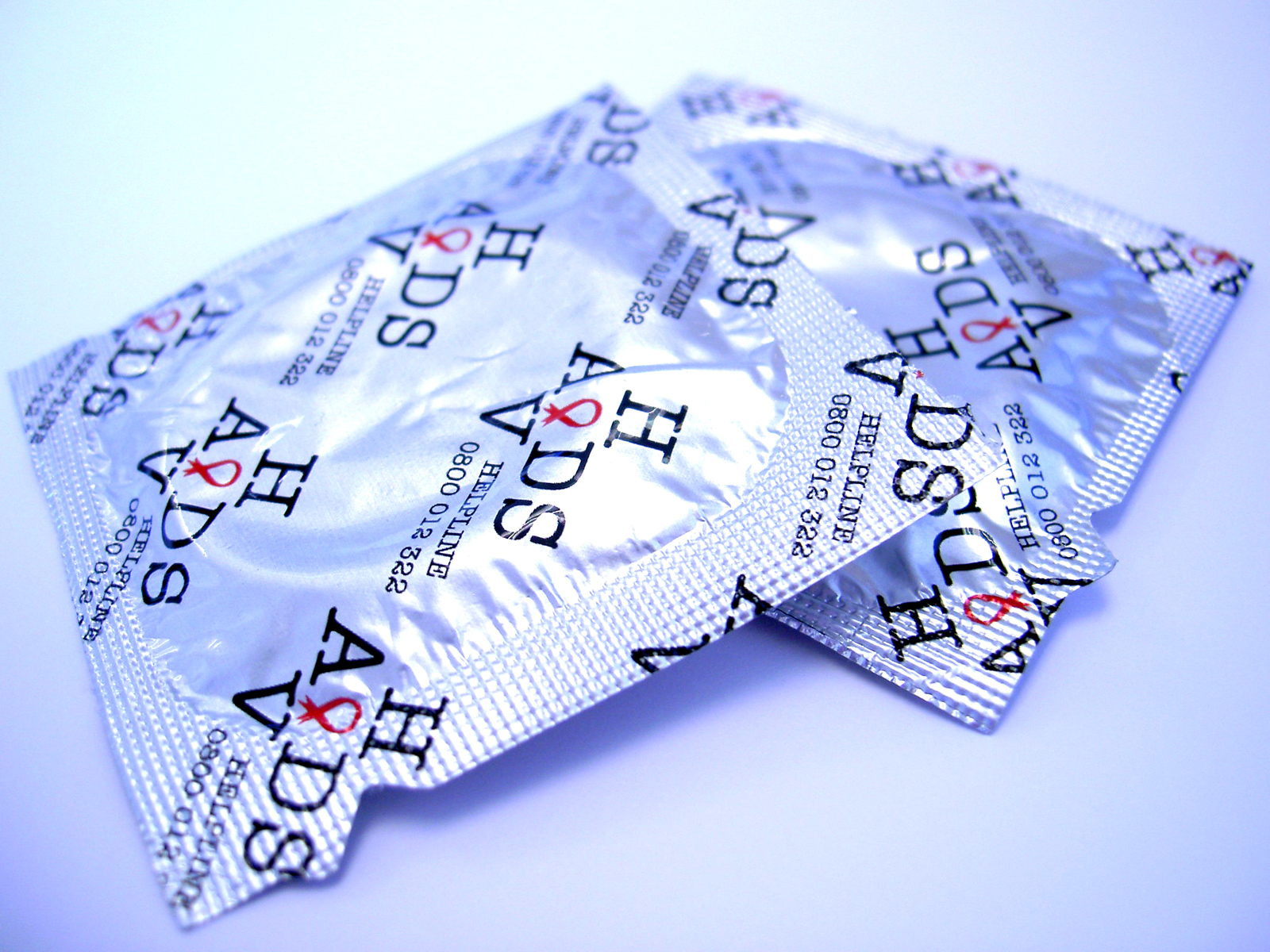
THURSDAY, Aug. 1 (HealthDay News) — New dads often experience shifts in sexual desire for the mothers of their newborns, which can ebb and surge based on factors other than the physical changes of childbirth, a new study has found.
The fatigue and stress of being a new parent can cause a loss of desire in the partners — whether male or female — of birth mothers, according to research published online Aug. 1 in the Journal of Sexual Medicine.
At the same time, partners might feel greater desire based on a need for intimacy or the perception that the new baby is limiting the amount of available time for sex.
“We found that, like birth mothers, fathers and co-mothers experience sexual highs and lows during the postpartum,” said lead author Sari van Anders, an assistant professor of psychology and women’s studies at the University of Michigan, in Ann Arbor. “High sexual desire in co-parents at this time was influenced not only by sexual interest, but also feelings of intimacy. Low desire was influenced not by partner disinterest or breast-feeding status, as more typically assumed, but by fatigue and stress.”
Until now, research had focused on how childbirth affects the sexual desire of birth mothers, usually assessing the impact of hormonal changes or healing that occur after birth, the study authors said.
This study aimed at assessing the effects of childbirth on partners, with 114 partners (95 male and 18 female) of postpartum women filling out an online questionnaire about their sexuality during the three months following their youngest child’s birth.
Factors related to child care and personal intimacy mattered more to sexual interest than any physical or hormonal changes endured by the birth mother, the survey revealed.
“Researchers have typically focused on birth mothers as a negative influence on their male partner’s sexual desire, maybe due to breast-feeding, lack of interest or postpartum vaginal issues,” van Anders said. “In contrast to these assumptions, our empirical work demonstrated that co-parents — including men and women — experience low desire after childbirth because of fatigue, stress and [lack] of free time.”
Personal fatigue is the top deterrent to sexual desire in partners of birth mothers, followed by stress and lack of available time.
Sexual feelings, their partner’s level of sexual interest, and feelings of intimacy were the top factors fueling high sexual desire.
“It shouldn’t be surprising that factors related to taking care of a newborn can negatively influence sexual desire, but our study is one of the first to show this,” van Anders said. “Moreover, we found that co-parents also experience high desire after birth, generally influenced by feelings of intimacy and sexual interest.”
Interestingly, time constraints were cited as both a deterrent and an aphrodisiac by those surveyed. About 40 percent cited lack of time as one of their top three deterrents to sexual desire, while about 28 percent cited it as one of their top three drivers of desire.
One expert described how this major life transition affects couples.
“There’s definitely an adjustment period where the parents need to realize that aspects of their relationship have changed,” said Brian Swope, a family and marriage therapist in Philadelphia. “It may be that it’s going to take longer for some things to go back to where they were before.”
The study also found that postpartum sexual activity usually involves masturbation or oral sex. About 74 percent of partners reported masturbating within the first six weeks following childbirth, while 58 percent received oral sex. Only 34 percent reported vaginal intercourse during that same time frame.
“There is an expectation that intercourse is going to take some time getting back to normal,” Swope said. “The participants really had an understanding of that, so there may be a greater importance placed on other forms of sex or sexuality.”
More information
For more about postpartum sexuality, visit the Association of Reproductive Health Professionals.
Copyright © 2026 HealthDay. All rights reserved.

